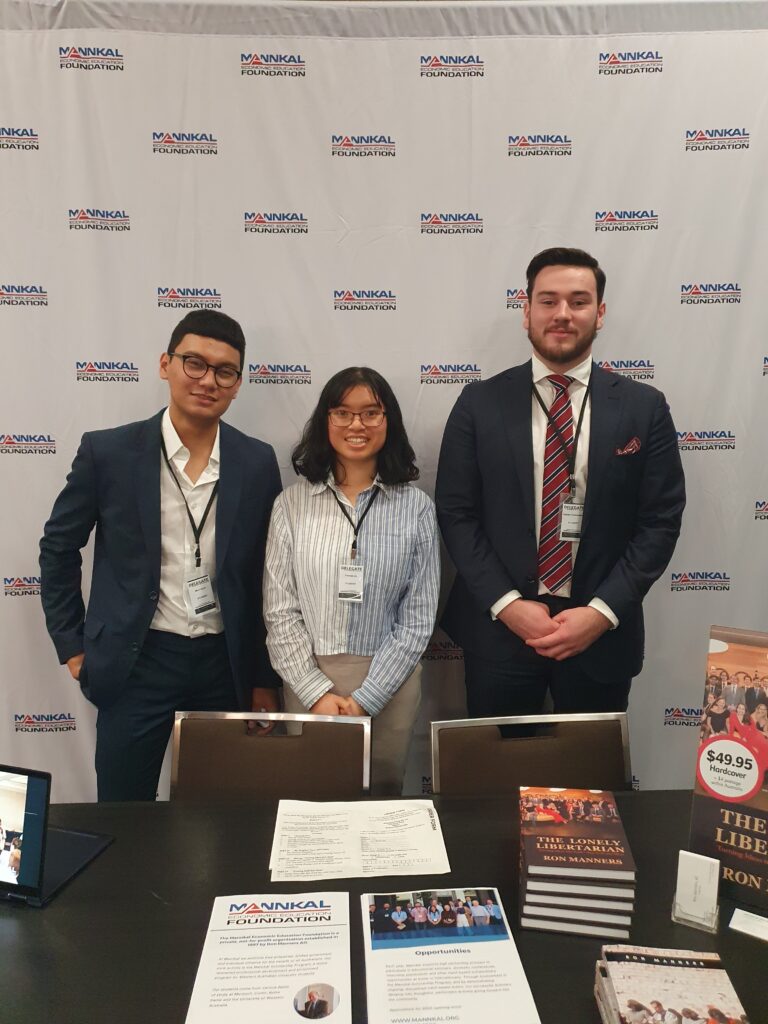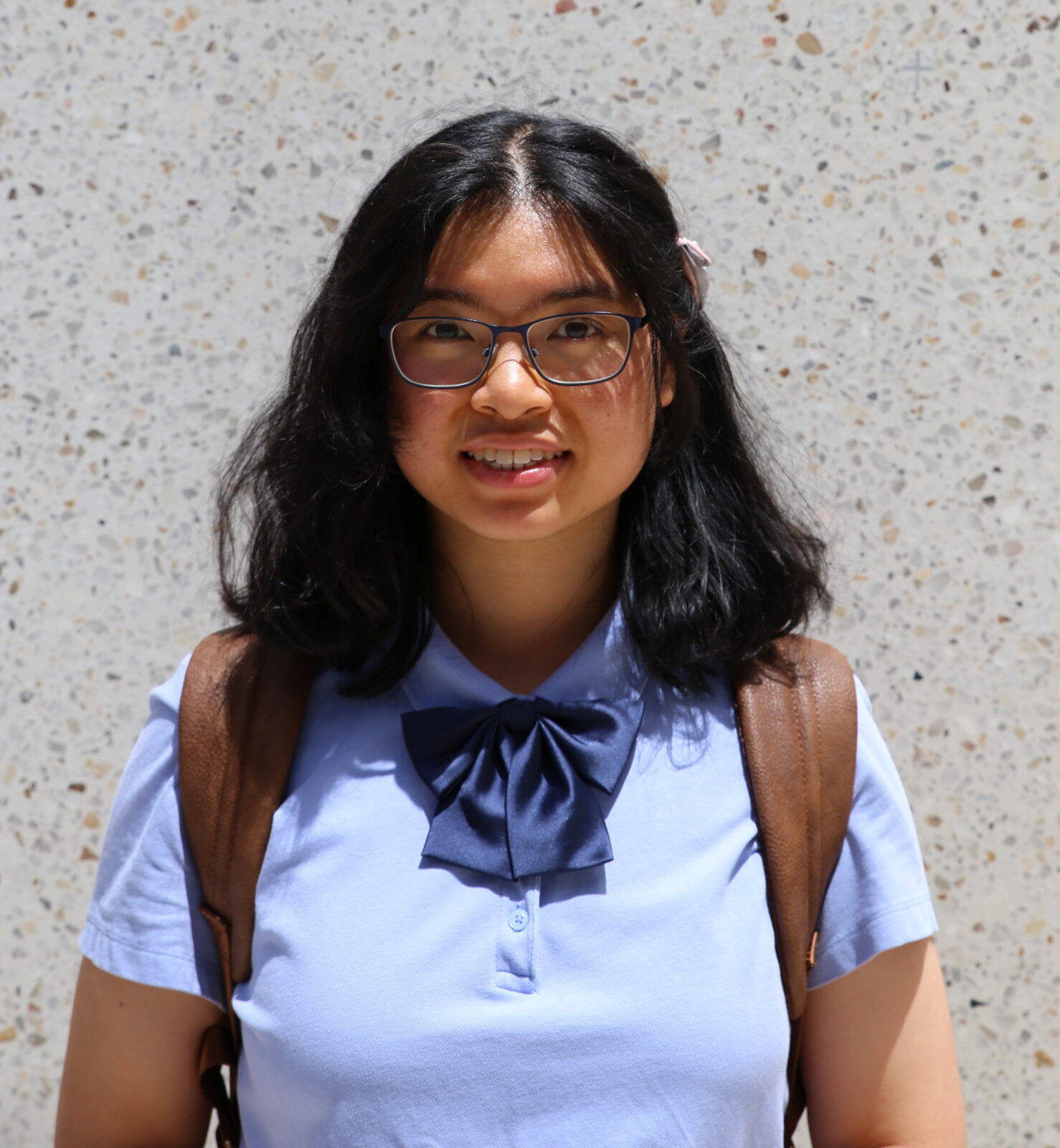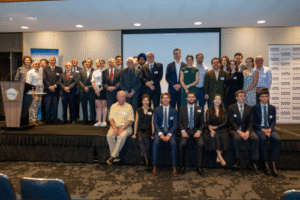While the political right is often referred to as a single category, the ALS Friedman Conference was an opportunity for me to refine my political perspective with relation to other groups commonly classed as right-wing. For background, I am a pro-democracy writer whose interest areas can arguably be classed as ‘right-wing’: they include intellectual life under Communist regimes and American conservatism’s history, specifically the adoption of ethnic and sexual minorities in conservative movements. Talks such as Ted Hui’s account of the Hong Kong National Security Law and The Future of Freedom panel matched my interest areas. However, hard-line libertarians who criticised conservatives’ as well as progressives’ excessive trust in government forced me to evaluate my assumption that the right-wing conglomerate remained united by the historical fight against Soviet Communism. For example, I was sceptical of (usually young) libertarians who were adamant about breaking away from their conservative counterparts: this suggested an ignorance about the importance of stable cultural norms (i.e., the key focus of political conservatives) in maintaining a fair, free market. My reflection about the relationship between conservative and libertarian ideals is an ongoing journey that explores the interactions between markets, written policy and social behaviour.
The jarring differences softened when we realised our shared primary concern of protecting individual dignity and democratic values. One of my favourite conference sessions, the screening of Topher Field’s documentary “Battleground Melbourne”, facilitated our understanding of this shared ideal. The documentary was an empathic recount of the anti-lockdown protests in Victoria under Daniel Andrews’ government’s draconian COVID measures. Field featured lockdown dissidents who overturned media depictions of protestors as predominantly white, working-class and irrational conspiracy theorists: for example, he included two former police officers, a refugee support worker, a democracy advocate and others. The documentary’s varied use of studio interviews and news clips illustrated the rapid escalation in Andrews’ powers, the silent deterioration in mental health and the increasing acceptability of state-approved violence.
An objective I had when applying for the Mannkal Scholarship Program was to increase viewpoint diversity in the Australian arts and literary scene which is dominated by radical progressives. People such as Field almost never appear in major Australian cultural events such as the Sydney Writers Festival, despite their embrace of nuanced narratives and marginalised perspectives. Many of my progressive friends in the arts industry equated unquestioning adherence to lockdown measures and moral superiority: that kind of uncritical and moralistic attitude is shameful for an industry that is meant to highlight unique perspectives and subversive narratives. I hope that my own writerly endeavours will, like Field’s “Battleground Melbourne”, commit themselves to holistically analysing issues even if doing so means complicating the Manichean moral narratives societies adopt during crises.






